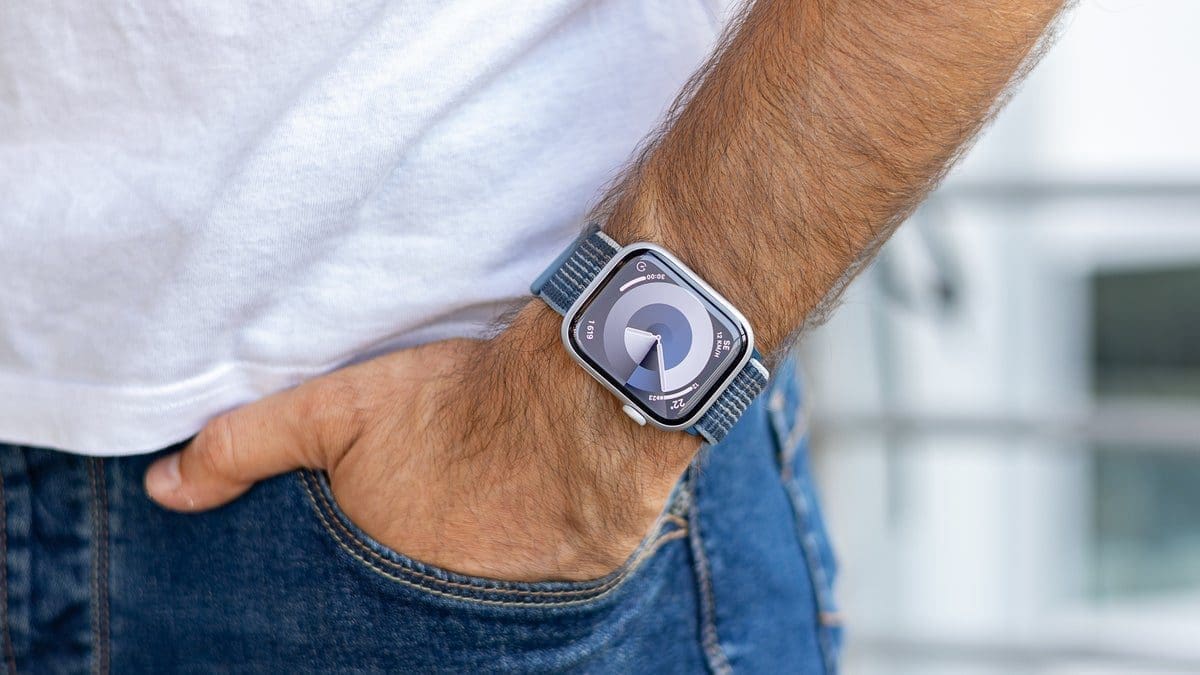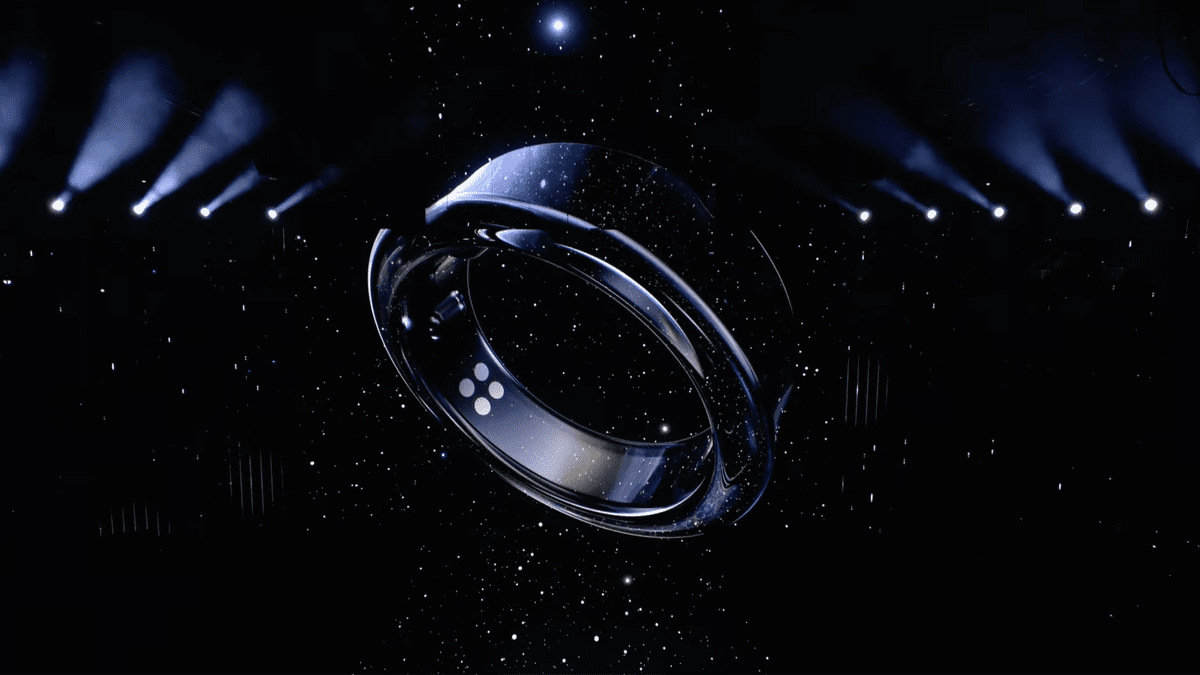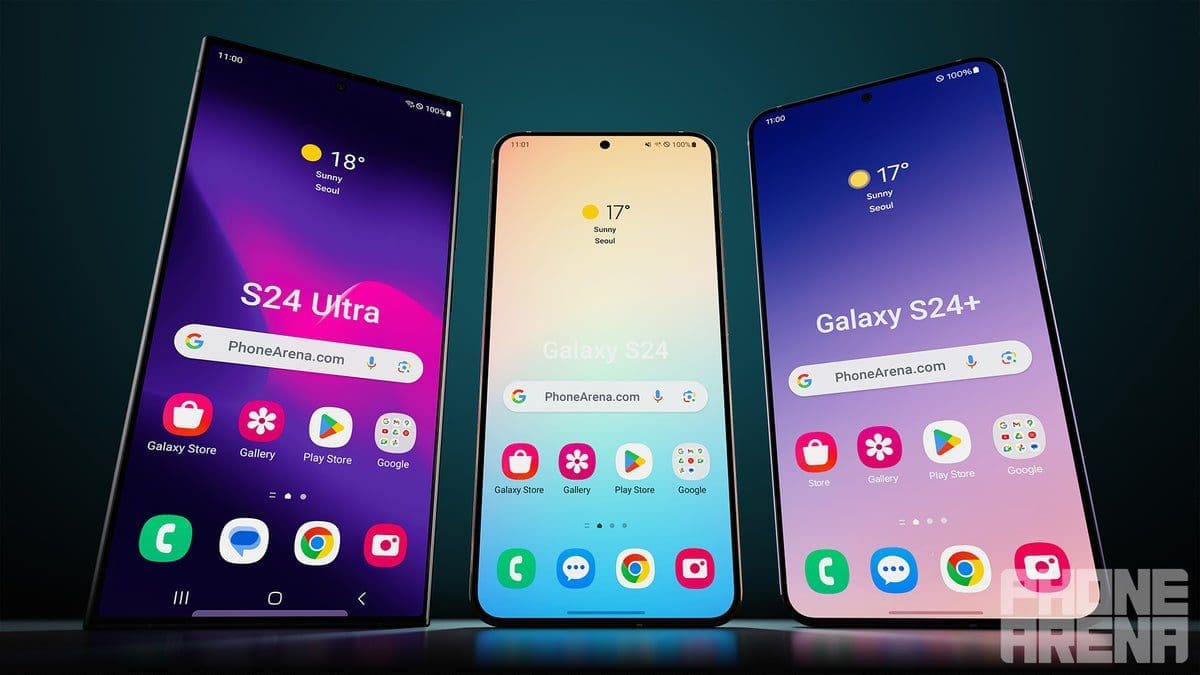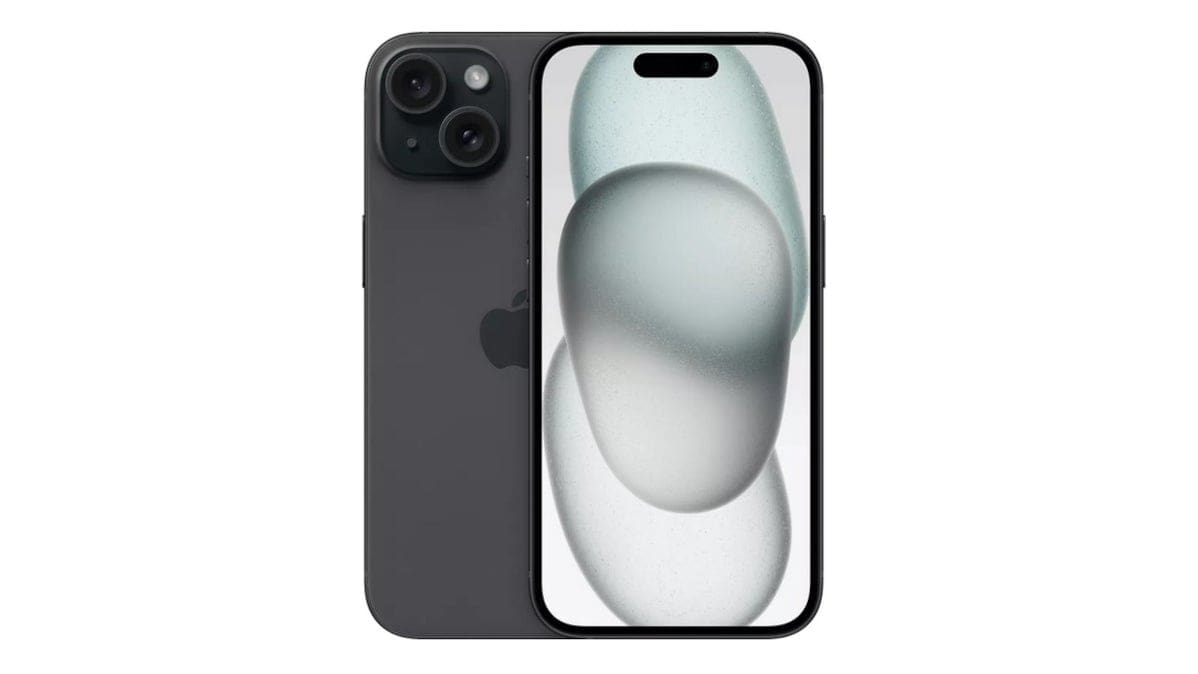Apple has disabled the pulse oximeter on its new smartwatch models, the Apple Watch Series 9 and Apple Watch Ultra 2, after a federal appeals court declined to extend the stay on the International Trade Commission’s Import Ban. Masimo CEO Joe Kiani suggests that consumers should avoid using Apple’s version of the technology, asserting that pulse oximeters from Masimo or other firms would be a better option.
The Apple Watch Series 9 and Apple Watch Ultra 2 models with the pulse oximeter disabled are now on sale in the U.S. Apple Stores, both online and physical. The product boxes can be used to distinguish between the enabled and disabled pulse oximeter versions. Customers should look for a specific string of characters on the box, which indicates whether the pulse oximeter feature is enabled or disabled.
Kiani recommends using pulse oximeters from Masimo or other companies, claiming that Apple’s pulse oximeter is not a reliable, medical-grade device. He suggested that consumers would be better off without it.
Apple has defended its pulse oximeter, stating that it is accurate, works well for consumers, and can save lives. Masimo’s Kiani maintains that pulse oximetry is only useful as a continuous monitor, particularly during sleep, and that the value of continuous measurement is in detecting dangerous desaturations.
Apple also pointed out that continuous measurements do not necessarily make a device accurate and emphasized the importance of comparing the readings of a pulse oximeter to high-quality reference data to determine accuracy.
While Apple is selling the Apple Watch Series 9 and Apple Watch Ultra 2 with the pulse oximeter feature disabled in the U.S., the company also has the option to settle the lawsuit with Masimo and license the patent. However, Kiani indicated that there have been no discussions with Apple regarding a settlement.









